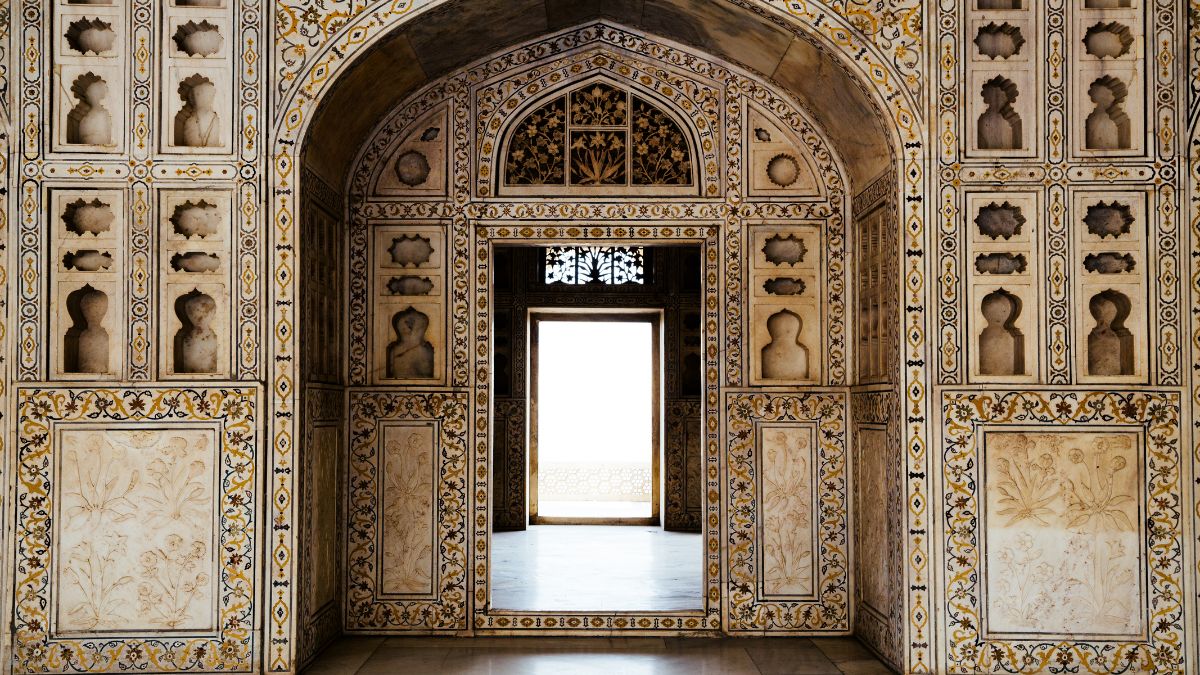Kalidasa (Classical Sanskrit Literature)
Kalidasa (Classical Sanskrit Literature)
The Mughal Empire in India: Akbar’s Reign

The Mughal Empire in India: Akbar’s Reign
In the annals of history, few sagas shine as brightly as the epoch of Akbar the Great, the third emperor of the Mughal Empire, whose reign from 1556 to 1605 transformed the tapestry of Indian civilization. With a legacy that resonates through the corridors of time, Akbar’s era is a testament to an unparalleled vision of unity, cultural synthesis, and administrative genius, making it a subject of awe and admiration.
Akbar’s ascension to the throne at the tender age of 13 marked the dawn of a new era in the Indian subcontinent. His reign, under the guidance of his regent Bairam Khan initially, quickly evolved to showcase his inherent aptitude for governance and strategy. What makes Akbar’s rule truly remarkable is not just his conquests that expanded the Mughal Empire to an unprecedented extent but his visionary policies that fostered an atmosphere of cultural and religious harmony.
Imagine the grandeur of the Mughal court, where scholars, artists, and poets from different corners of the world were welcomed. Akbar’s court was a melting pot of cultures, a place where the Persian art of miniature painting fused with Indian motifs to create something utterly unique and breathtaking. The construction of Fatehpur Sikri, with its majestic blend of Islamic and Hindu architectural styles, stands as a physical testament to Akbar’s vision of a syncretic culture. Every stone of this abandoned city whispers tales of a bygone era where diversity was celebrated, and creativity knew no bounds.
Akbar’s policy of Sulh-e-Kul, or universal peace, was a revolutionary idea that promoted tolerance and understanding among the empire’s diverse religious communities. In a world rife with religious strife, Akbar’s establishment of the Ibadat Khana, where leaders of different faiths were invited to engage in dialogue, was a bold move that underscored his belief in the power of discourse over discord. This was a ruler who sought the wisdom in all religions, aiming to weave a social fabric that was inclusive and enlightened.
The administrative reforms introduced by Akbar are nothing short of remarkable. The Mansabdari system, a unique blend of military and civil governance, was a masterpiece of organizational skill, ensuring loyalty and efficiency within the vast empire. Akbar’s land revenue system, the Ain-e-Akbari, was a marvel of economic foresight, laying the groundwork for prosperity and stability in an empire that was diverse in every conceivable way.
But beyond the grandeur, the policies, and the conquests, what truly sets Akbar apart was his humanity. His reign was a beacon of hope in a time of turmoil, a period where the light of wisdom and tolerance outshone the shadows of ignorance and prejudice. Akbar the Great was not just a ruler of territory; he was an emperor of hearts, whose legacy is a timeless reminder of the heights humanity can reach when it embraces diversity and seeks understanding.
In reflecting upon Akbar’s reign, one cannot help but be awestruck by the sheer breadth of his vision and the indelible mark he left on the Indian subcontinent. His era was not just a chapter in history; it was a symphony of cultural fusion, administrative innovation, and enlightened governance that still echoes across the centuries, inspiring awe and admiration in all who look back upon it.